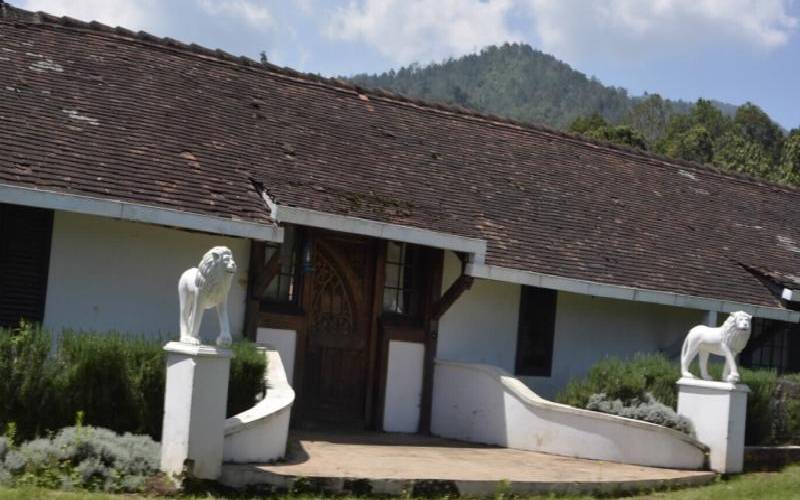×
The Standard e-Paper
Stay Informed, Even Offline

They did not go to the battle front. They remain in the shadows but hold the secret to colonialism. They are the men and women who worked for the Mzungu during the colonial era. They worked on the farm and in kitchens, and interacted with Mzungu daily. Yet, scholars have forgotten them.
Last week, I went looking for two former workers. Both were cooks, with official title of ‘kitchen boy’ - never mind they got their jobs aged 20. Other similar titles were head boy, second boy and shamba boy; rarely girls.